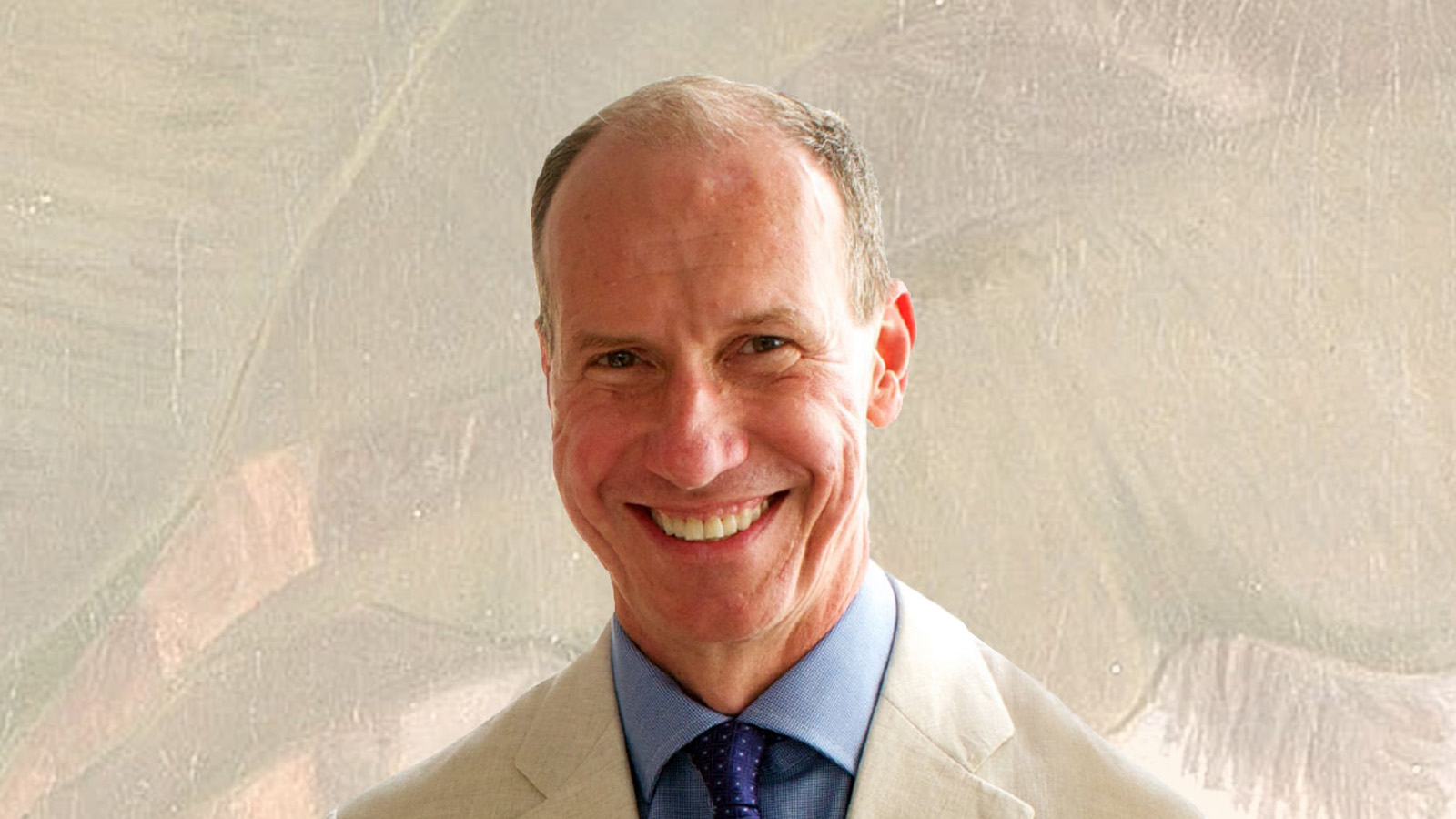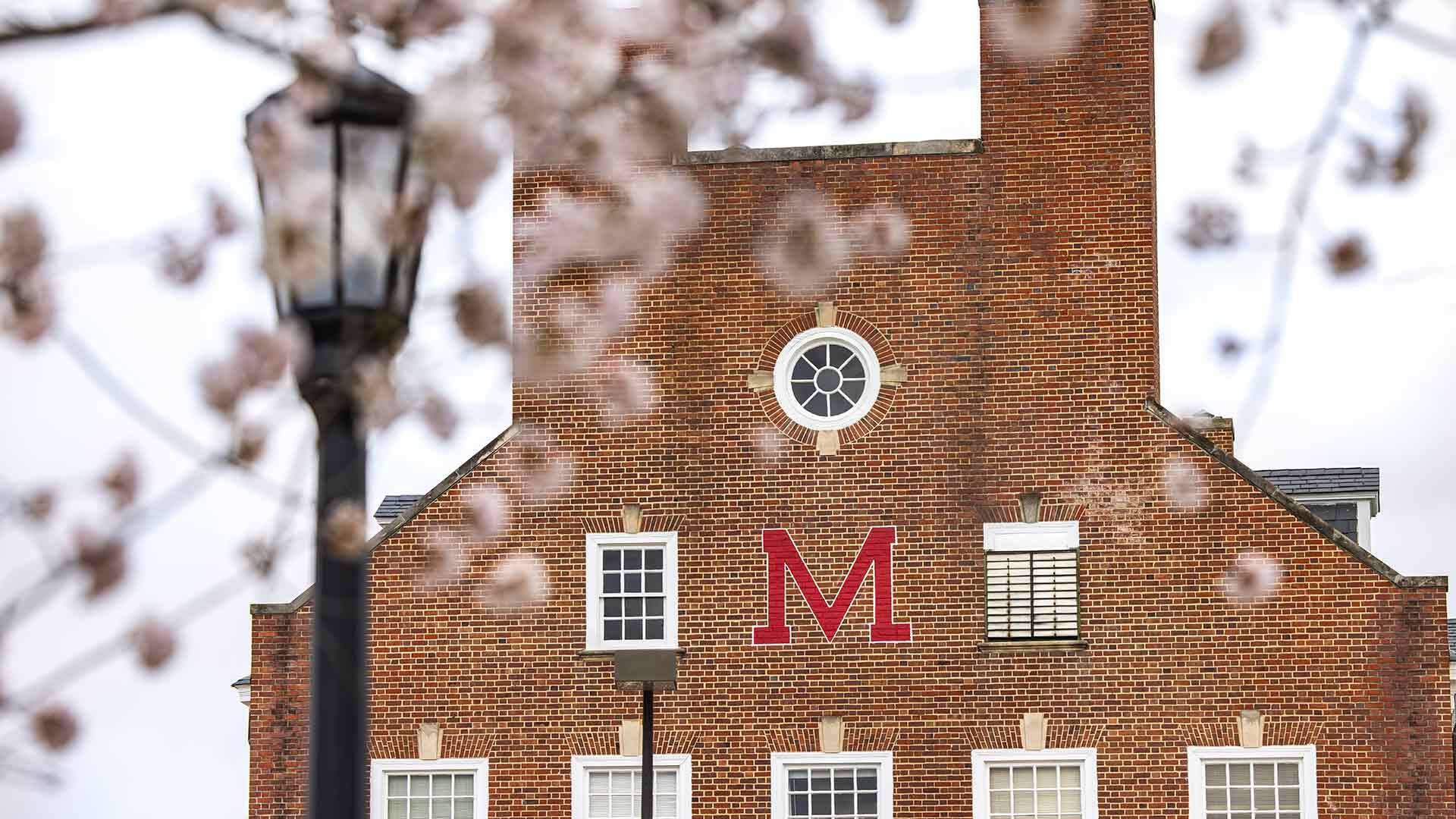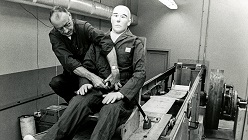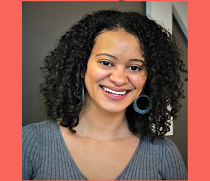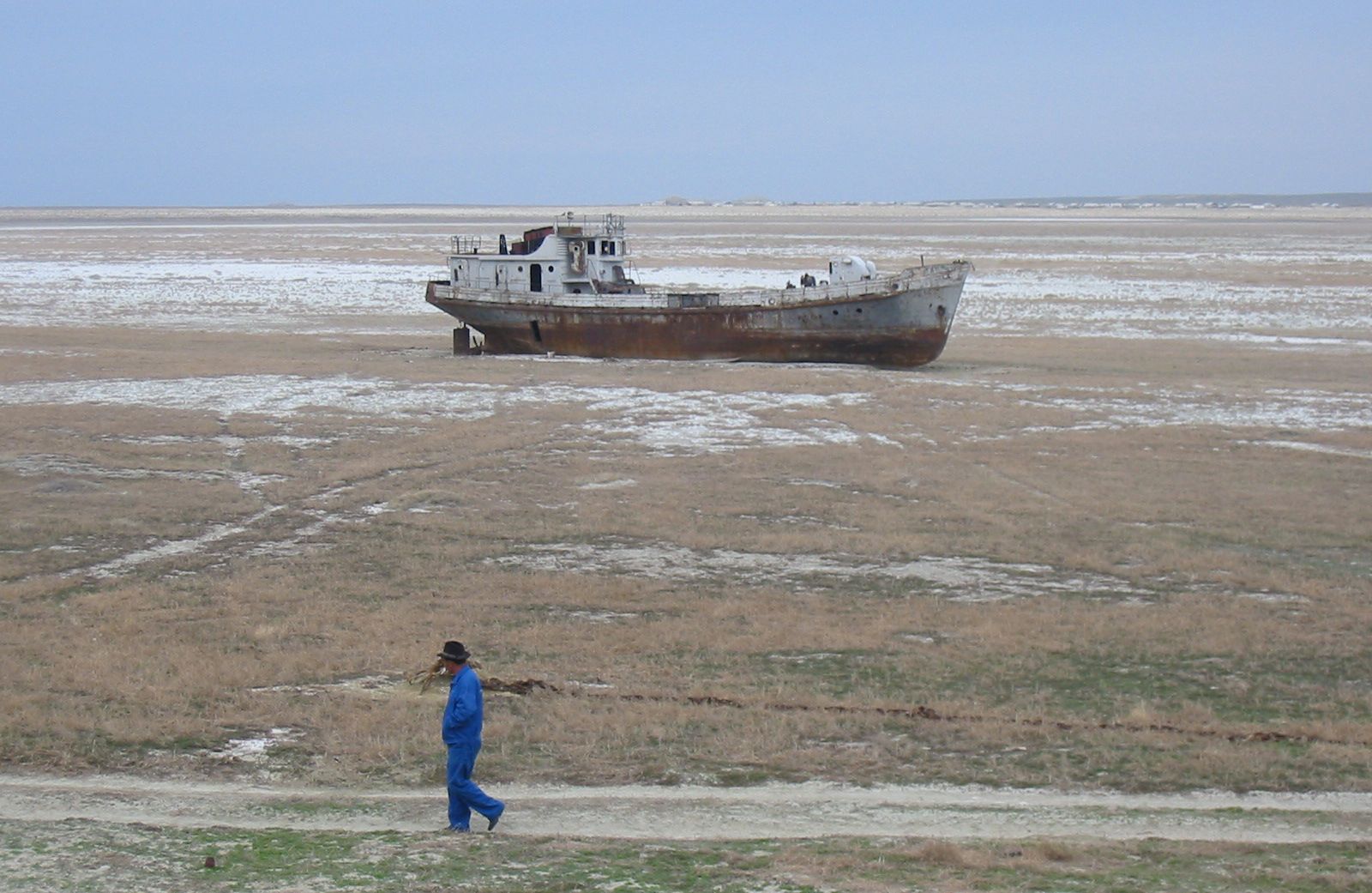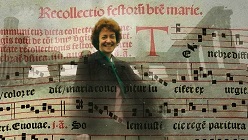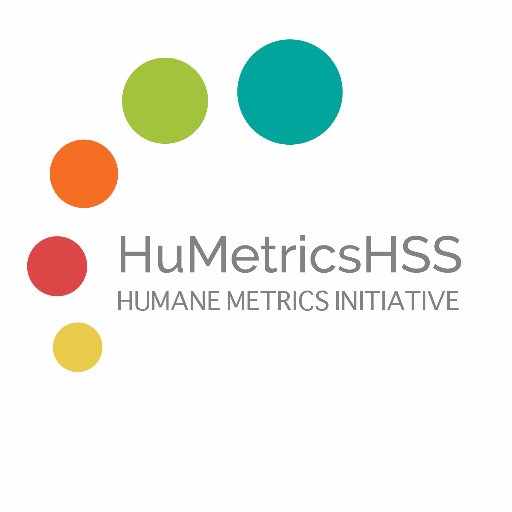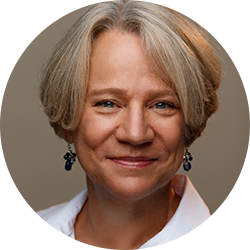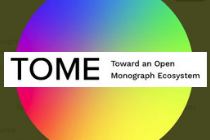By Jessica Weiss ’05
University of Maryland Professor of History Sarah Cameron, an expert on Russia and the Soviet Union, has been awarded $200,000 as a 2022 Andrew Carnegie Fellow.
The Carnegie Corporation of New York, a philanthropic organization, today announced the 28 fellows, who will use the funding to support significant research and writing in the social sciences and humanities that address important and enduring issues confronting society. Professor of Sociology Rashawn Ray, based in the College of Behavioral and Social Sciences, whose research focuses largely on police reform, is also among this year’s recipients. They are the second and third UMD faculty members to receive the honor since its 2015 launch, following History Professor Richard Bell in 2021.
Cameron’s stipend will support historical research on one of the 20th century’s gravest environmental catastrophes: the shrinking of the Aral Sea. Located between Kazakhstan in the north and Uzbekistan in the south and once one of the world’s largest inland bodies of water, the sea began to decline dramatically in the late 1960s when Soviet officials directed large volumes of water toward cotton production, devastating communities in the region. Today, water levels in some parts of the sea are partially restored.
Cameron plans to publish the first complete book-length account of the causes and effects of the disaster based upon archival materials and oral history interviews.
“I am thrilled and very grateful for the support of the Carnegie Corporation,” Cameron said. “This gives me the time and resources to do justice to a significant, understudied history that offers important lessons both for policymakers and the broader public.”
Cameron also recently received fellowships for the same project at the Woodrow Wilson International Center for Scholars in Washington, D.C., and Princeton University's Shelby Cullom Davis Center for Historical Studies, as well as a grant from the National Council for Eurasian and East European Research.
Her first book, “The Hungry Steppe: Famine, Violence, and the Making of Soviet Kazakhstan,” won four book awards and two honorable mentions. “The Hungry Steppe” told the little-known story of one of the most abominable crimes of the Stalin years—between 1930 and 1933, more than 1.5 million people, a quarter of Kazakhstan's population, perished due to a state-driven campaign that forced a rural, nomadic population into collective farms and factories and confiscated their livestock. The book, which was translated into Russian and Kazakh, was the top-selling history title in Kazakhstan in 2020 and prompted an outpouring of local debate about the country’s Soviet past; Kassym-Jomart Tokayev, now president of Kazakhstan, thanked Cameron for the book on Twitter.
Her research on the Aral Sea is a continuation of efforts to spotlight the stories of nomadic peoples, in their own voices, as many of the people who lived near the sea before the disaster—Turkic-speaking Kazakhs, Karakalpaks and others—were mobile. Cameron speaks Russian and several vernacular languages of the region.
After water levels declined, local populations saw a dramatic increase in health problems due to pesticides and toxins from the exposed seabed. Moscow recognized the scope of the crisis in 1989, declaring an area covering parts of Kazakhstan, Uzbekistan and Turkmenistan with a population of more than 3.5 million people an “ecological disaster zone.”
Chemists, hydrologists, geographers and others have developed a body of scientific literature on the Aral Sea. In addition to sharing an in-depth history, Cameron plans to focus on the present-day implications of the disaster, including the need to find more sustainable methods to produce cotton.
“This is very much a story about climate change, about water use, about our relationship with cotton,” Cameron said. “As droughts and rising temperatures affect the globe, the Aral Sea crisis offers us a warning of what might occur elsewhere and the measures that we urgently need to take to avert that fate.”
Read more about the 2022 Carnegie Fellows in Maryland Today.
Photo courtesy of iStock.


